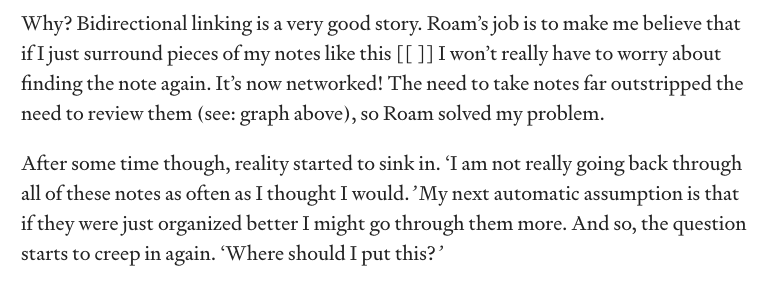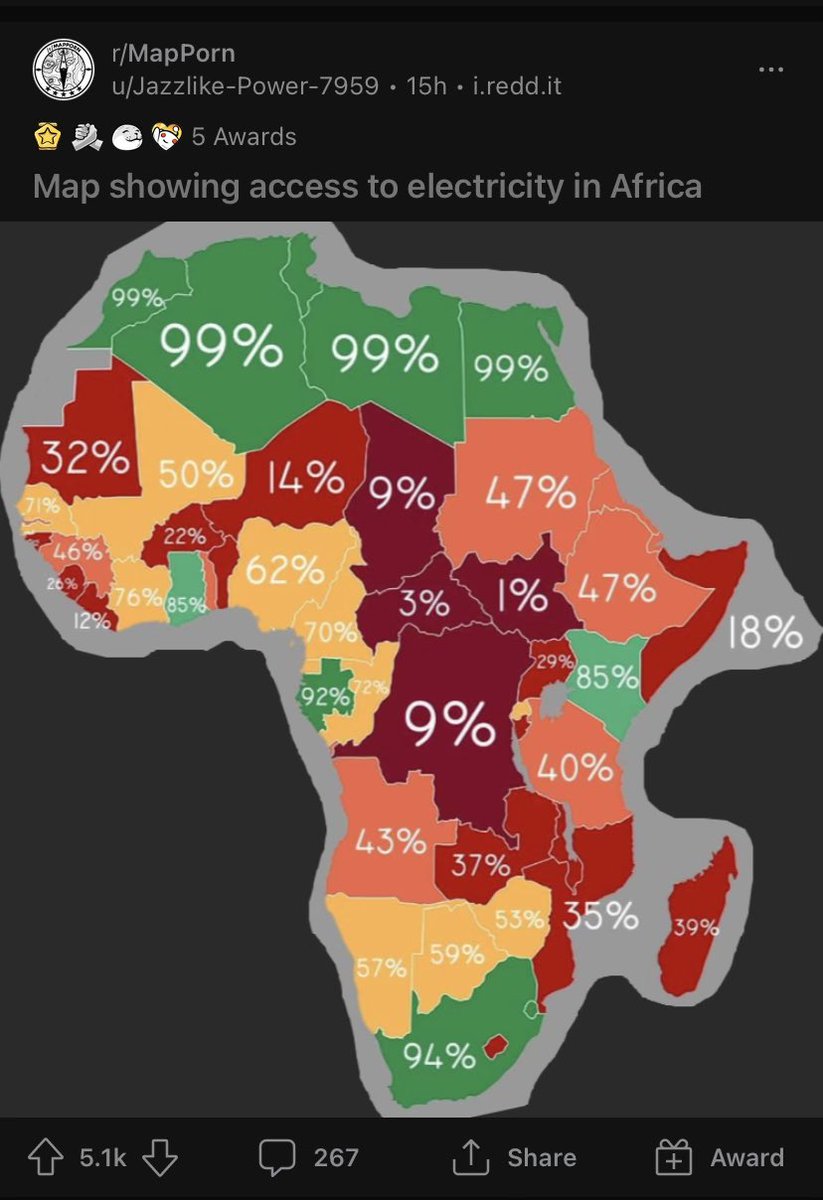
cofounder of @websim_ai, imagining new internets with our users. GenAI, TfT, BeSci, HCI, UX. Ex-Tana, Edge & Node, Spark Wave
14 subscribers
How to get URL link on X (Twitter) App


https://twitter.com/producthunt/status/1592882070984232960Here are some more examples of things you can do within GPT-3. It's not hard, you just need to play with it. At the top, you'll generally have a prompt that gives it a character and a scenario (sort of like improv). Then tell it what you want it to do
https://twitter.com/RobertHaisfield/status/1548107338313113600?s=20&t=NeTsLtBaujRClyim78x6gQ
https://twitter.com/cazza42/status/1589915005197389825?s=20&t=jhGfyexoGlD3AbtQlZ2KCQ

https://twitter.com/reneedefour/status/1591439039084773378Can be as low or high friction as you want. Here you'll see two ways I captured a gift idea for Ally and both will show up with a LINKS_TO search. LINKS_TO is a wildcard field, and will pull up any relationship to nodes that reference "Ally."
https://twitter.com/RobertHaisfield/status/1589794848391192577

https://twitter.com/RobertHaisfield/status/1590386119665123328?s=20&t=dwMzaYeQylsZDbXJ_rnPgg
https://twitter.com/bianca_oli_per/status/1583745911125164032Of course, as time goes on, we want to make this technical mumbo jumbo invisible. People use relational columns in linked notion tables without knowing what a relational database is. We’re still figuring out the best words to use to convey Tana’s mental models at a visceral level
https://twitter.com/m_ashcroft/status/1579755018659721216People who watch videos by our community or team (see help center help.tana.inc for both) experience greater success once they start
https://twitter.com/MarkZobeck/status/1578066825308422144?s=20&t=3G3UHiWCPazAyeAaW-lvyQ

https://twitter.com/RobertHaisfield/status/1576399579339030528?s=20&t=hXbMdNc8KyEbdoDYivATKA
https://twitter.com/fortelabs/status/1536699256630820865Make information modular such that it can be used across time and projects. Disconnect your thoughts from the ephemerality of a stream of consciousness.
https://twitter.com/RobertHaisfield/status/1344667135629377537
https://twitter.com/RobertHaisfield/status/1415041842064756737?s=20&t=taFq9gBttwCRLm8fMEdgsgWe spoke with > 30 users and builders of thought processing software. From users we learned common behavioral patterns and what they want from their tooling, and from builders we learned their design questions and philosophy. We also introspected our own workflows and needs.
https://twitter.com/backus/status/1479946514365566979A friendly UX on top of a database enables prosumers to push the boundaries of their tools to do things that would previously require custom features
https://twitter.com/roberthaisfield/status/1492556532109627398


 3. It is valuable to remove the friction of "where do I put this?" as that can get in the way of writing the note (people like @EleanorKonik who have a well architected system and a sense of "mise en place" are the exception)
3. It is valuable to remove the friction of "where do I put this?" as that can get in the way of writing the note (people like @EleanorKonik who have a well architected system and a sense of "mise en place" are the exception) https://twitter.com/RobertHaisfield/status/1492233696849453056
https://twitter.com/RobertHaisfield/status/1418668252058750978

 Not a total answer but proof-of-stake requires less electricity than proof-of-work, and Ethereum nodes after the merge will be able to run on a Raspberry Pi. Not all chains prioritize the ability to run a full node on very light hardware, Solana requires extremely beefy hardware
Not a total answer but proof-of-stake requires less electricity than proof-of-work, and Ethereum nodes after the merge will be able to run on a Raspberry Pi. Not all chains prioritize the ability to run a full node on very light hardware, Solana requires extremely beefy hardware
https://twitter.com/roberthaisfield/status/1458124319054188545Encryption, powerful permissions primitives, and potentially local first peer2peer (vs. cloud) will come to be a table stakes expectation for serious knowledge workers who need to deal with sensitive data.
https://twitter.com/roberthaisfield/status/1426938831501107202?s=21In Working in Public, @nayafia observed that there's a common economic misconception that software has no marginal cost to produce additional units. If software is to continue, software engineers maintain code, provide support, and update it for future users.